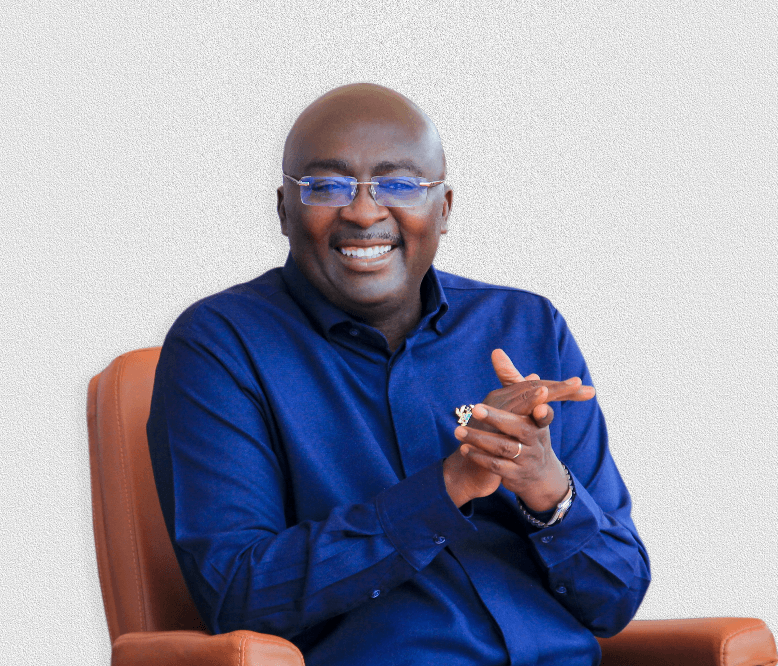Renowned legal scholar and private legal practitioner, Professor Kwaku Asare, has praised former Vice President and 2024 NPP Presidential Candidate, Dr. Mahamudu Bawumia, for his early concession following last year’s general elections.
In a Facebook post that has stirred political debate, Prof. Asare, popularly known as “Kwaku Azar,” described Dr. Bawumia’s swift acceptance of defeat as a mark of true statesmanship.
“Bawumia’s early concession was exemplary. Let’s normalise such statesmanship, not bastardise it,” Prof. Asare wrote.
His comments come in response to growing criticism from some quarters of the ruling National Democratic Congress (NDC), who have questioned the timing and motive behind Bawumia’s concession — which came before the Electoral Commission (EC) officially declared the results.
Mustapha Gbande, the NDC’s Deputy General Secretary, described Bawumia’s move as “populist and dangerous,” arguing that it risked undermining the authority of the EC.
“The day of declaration, right from the time Dr. Bawumia made that pre-conceived defeat — it was needless. If you’ve lost an election, you wait for the Electoral Commission to declare,” Gbande said in an interview with Citi TV.
“He made himself the Electoral Commission to come and declare a defeat for himself.”
Gbande further clarified that conceding defeat should be a reaction to official figures — not a preemptive declaration. “A concession is when a figure is declared, you disagree, but you concede,” he noted.
Similarly, former Tamale Central MP, Inusah Fuseini, added that Bawumia’s early concession had a demobilizing effect on election monitoring efforts.
“His action rendered activities at the collation centres moot. Nobody paid attention to the parliamentary results again,” Fuseini lamented.
Despite the criticism, Bawumia’s concession has been widely viewed by some civil society groups and political observers as an effort to promote peace and avoid post-election tension, a move Ghana has historically been lauded for in regional and global democratic circles.
The debate underscores a broader conversation on the norms and expectations around electoral processes in Ghana — particularly the roles of political actors versus independent institutions such as the EC.

